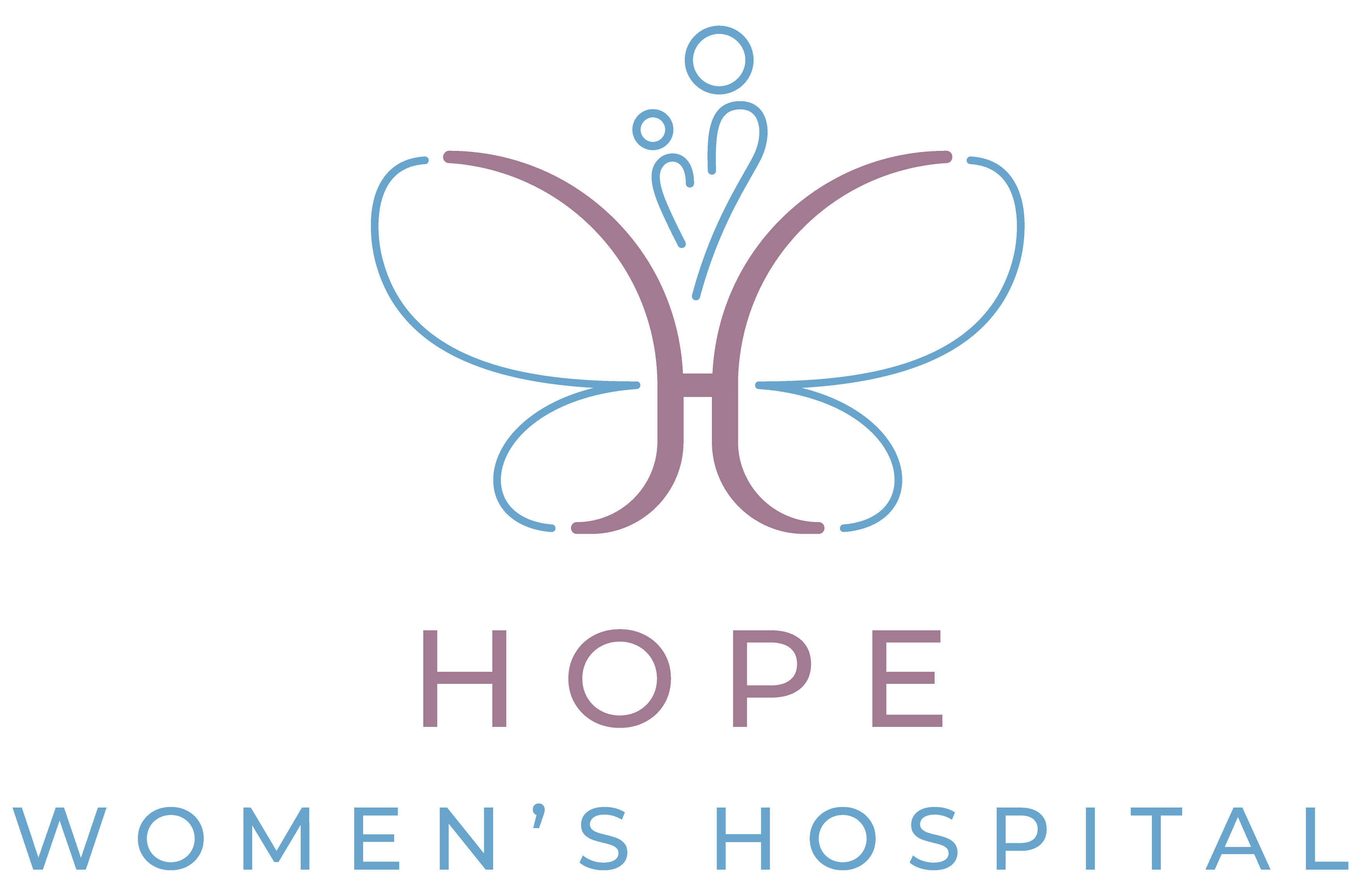Bone Health
- 𝗛𝗼𝗽𝗲 𝗪𝗼𝗺𝗲𝗻'𝘀 𝗛𝗼𝘀𝗽𝗶𝘁𝗮𝗹
- Bone Health

MON-SAT 8:00-9:00
+9199099 01123

Women’s Bone Health: Nurturing Strong Bones and Preventing Osteoporosis
Bone health is essential for overall well-being, mobility, and quality of life, especially for women who are at a higher risk of developing osteoporosis and bone-related conditions. At HOPE Women’s Hospital, we prioritize comprehensive bone health care, offering specialized services, screenings, treatments, and support to help women maintain strong bones, prevent fractures, and promote skeletal vitality.Importance of Women’s Bone Health:
- Bone Strength: Strong and healthy bones provide structural support, protect vital organs, facilitate movement, maintain posture, and support overall musculoskeletal function throughout life.
- Osteoporosis Prevention: Osteoporosis, a condition characterized by weakened bones, low bone density, and increased fracture risk, primarily affects women, especially postmenopausal women, highlighting the importance of preventive measures and bone health interventions.
- Fracture Prevention: Maintaining bone health reduces the risk of fractures, particularly hip fractures, spine fractures (vertebral fractures), wrist fractures, and other bone-related injuries that can significantly impact mobility, independence, and quality of life.
Components of Women’s Bone Health:
- Bone Density Testing:Dual-energy X-ray absorptiometry (DXA or DEXA) scans are used to measure bone mineral density (BMD) and assess bone health. DXA scans help identify osteoporosis, osteopenia (low bone mass), fracture risk, and guide preventive strategies.
- Nutritional Support: Adequate calcium intake, vitamin D supplementation, and a balanced diet rich in bone-healthy nutrients (magnesium, phosphorus, vitamin K, vitamin C) support bone mineralization, density, and strength. Nutrition counseling and dietary adjustments promote bone health.
- Weight-Bearing Exercise: Regular weight-bearing and resistance exercises, such as walking, jogging, dancing, weightlifting, yoga, and Pilates, stimulate bone growth, improve bone density, strengthen muscles, and enhance overall bone health.
- Lifestyle Modifications: Healthy lifestyle practices, including smoking cessation, limiting alcohol consumption, maintaining a healthy weight, avoiding excessive caffeine intake, and fall prevention strategies, contribute to optimal bone health and fracture prevention.
Common Bone Health Concerns for Women:
- Menopause and Hormonal Changes: Estrogen plays a crucial role in maintaining bone density, and hormonal changes during menopause contribute to bone loss, osteoporosis risk, and increased fracture susceptibility in postmenopausal women.
- Age-Related Bone Loss: Aging is associated with natural bone loss (osteopenia) and increased fracture risk, necessitating proactive bone health measures, screenings, and interventions, especially for older women.
- Family History: A family history of osteoporosis, fractures, or bone-related conditions may increase an individual’s predisposition to bone health issues, highlighting the importance of early screening and preventive strategies.
Bone Health Services at HOPE Women's Hospital:
Our bone health services encompass comprehensive bone density testing, nutritional counseling, exercise recommendations, lifestyle modifications, fall prevention education, fracture risk assessments, and personalized bone health plans tailored to individual needs and risk factors.

GET APPOINTMENT
Schedule Your Consultation
APPOINTMENT
If you are concerned about bone health, osteoporosis risk, menopausal bone changes, or have questions about preventive strategies, schedule a bone health assessment with our experienced healthcare providers at HOPE Women's Hospital. We are dedicated to promoting strong bones, fracture prevention, and skeletal vitality for women of all ages.
Contact us today to schedule your bone health assessment appointment and take proactive steps toward optimal bone health, mobility, and well-being.

